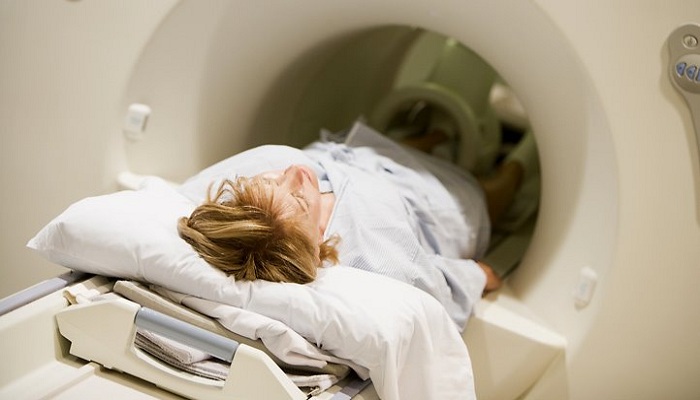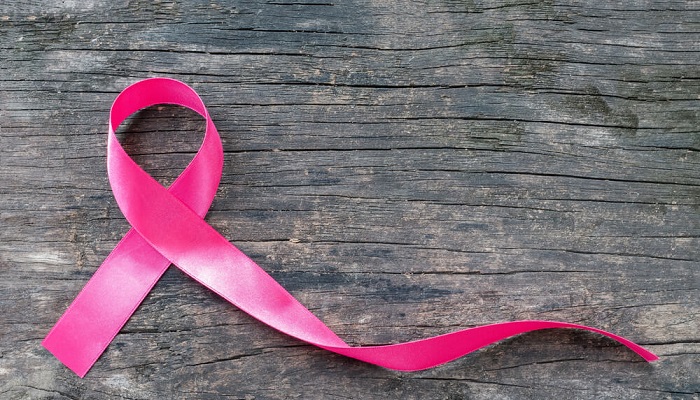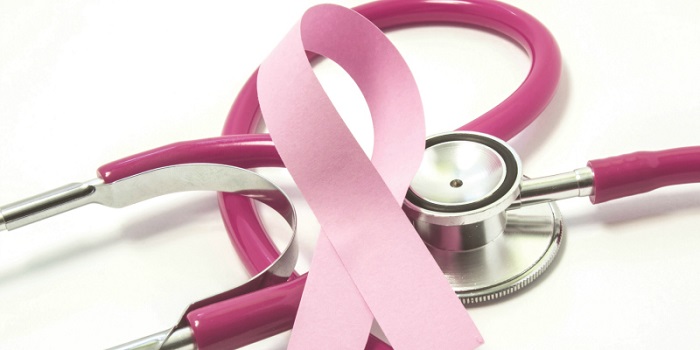
Screenings are meant to look for cancer or other illnesses that haven’t shown their symptoms in the affected person. While some screenings can identify growths and allow doctors to remove them before they turn into cancer, other screening tests can detect cancer in early stages when it is easier to treat.
Benefits of Cancer Screening Tests
Screening tests can find cancer early and sometimes allow preventing it by removing growths before they get a chance to become incurable cancer. The benefits of each test must be weighed against any associated risks of the screening tests themselves. The risks may include pain, anxiety, bleeding, and other side effects.
Since screening isn’t always perfect, it can sometimes miss cancer, or finds something suspicious that end up being harmless, also known as a false-positive. However, the false-positive also needs to check by additional tests to prevent potential damage.
Research and Recommendations
The guidelines for average-risk adults by the American Cancer Society recommend regular screenings for breast cancer, colon cancer, lung cancer, and prostate cancer. The Society also recommends people to speak with their doctors regularly and stay informed to make suitable screening decisions. For different types of cancer, researchers have conducted studies to find the best ways to detect them even before symptoms appear.
Types of Cancer Screenings Recommended for Seniors
1. Colonoscopy Screening
In this testing, a doctor uses a long-lighted tube called a colonoscope to examine inside the rectum and colon. This screening is done to detect polyps – colon growths – that can be removed before turning into cancer. According to the National Institutes of Health, one of the most common types of cancers among both men and women is colorectal cancer. This cancer is easy to treat is detected early.
People who are at an average risk for colorectal cancer should have colonoscopy screening between the age of 50 and 75. If a senior has a family history of colon cancer, he or she should speak with a doctor about the right time to get the screening done.
2. Clinical and Self Breast Exams
Examining under the arms and breasts for lumps and anything that feels unusual can be done by a doctor or seniors themselves. If there are any changes in the breasts, like redness, dimpling, distortion, swelling, different size of each breast or hardness, speak with a doctor.
Self breast exams should be done once a month. For clinical screening, senior women should speak with a doctor about the frequency for getting a breast exam.
3. Mammograms
A mammogram is an X-ray of breasts, which is the best way to detect breast cancer in the early stages when it is easier to treat and prevent from becoming big enough to feel, show, or cause symptoms. At the age of 40, women should weigh the risks and benefits of screening tests, according to the United States Preventive Services Task Force (USPSTF), when deciding to begin getting mammograms.
The USPSTF, recommends women who are 50 to 75 years of age to get a mammograms every two years as they are at an average risk for breast cancer. For women between 40 to 49 years of age, it is recommended to speak with their doctors or other health care professionals about when and how often to get mammograms.
4. Skin Exams
It is recommended to get the skin checked regularly, especially if someone has a family history or is at a higher risk of skin cancer. Seniors should talk with their doctor about the changes in the skin, for example, if a new mole appears on their skin or there are changes in an existing mole. If there are any changes in the skin, according to the American Cancer Society, it is important to let a doctor know so he or she can identify the risk or existence of skin cancer through suitable tests.
It is recommended to self-examine the skin once a month. For clinical screening, seniors should get it done on a yearly basis, or when anything appears out of the ordinary.
5. Human Papillomavirus Testing and Pap Test
A gynecologist typically performs these screening tests to identify the existence of abnormal cells in the cervix so they can be exposed to a suitable treatment before turning malignant.
Generally, a Pap test is recommended from the age of 21 to 65, or as long as the results are normal.
Seniors should speak with their doctors about the screenings, including all mentioned above and others, and any tests that are suitable for the condition.
Getting regular cancer screenings is just one essential part of maintaining overall health. In addition, lifestyle choices matter as well. Families of seniors should check on their aging loved one’s dietary habits and exercise routine so they can keep up with their wellbeing.
Marina Torres is a story teller and looks forward to anything adventurous. Currently, she is working for Home Care Assistance of Lincoln, CA.




